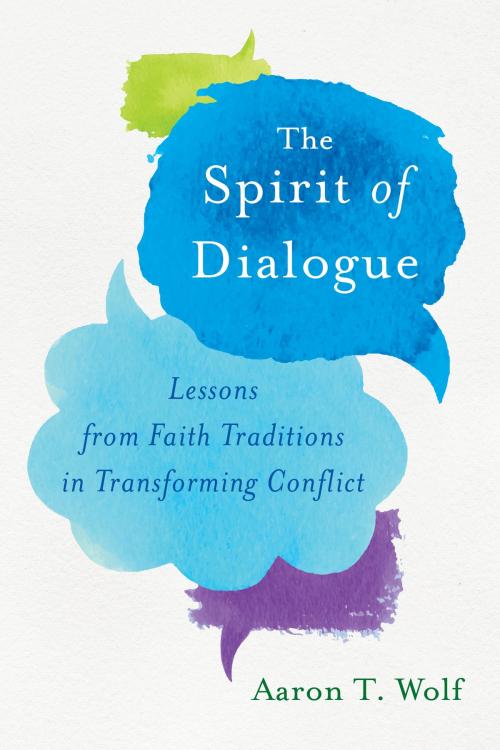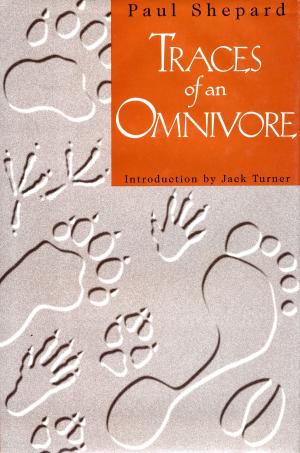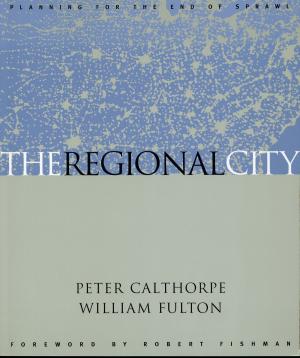The Spirit of Dialogue
Lessons from Faith Traditions in Transforming Conflict
Nonfiction, Social & Cultural Studies, Political Science, Government, Public Policy, Business & Finance, Management & Leadership, Religion & Spirituality, Philosophy| Author: | Aaron T. Wolf | ISBN: | 9781610916189 |
| Publisher: | Island Press | Publication: | September 14, 2017 |
| Imprint: | Island Press | Language: | English |
| Author: | Aaron T. Wolf |
| ISBN: | 9781610916189 |
| Publisher: | Island Press |
| Publication: | September 14, 2017 |
| Imprint: | Island Press |
| Language: | English |
We tend to approach conflict from the perspective of competing interests. A farmer's interest lies in preserving water for crops, while an environmentalist's interest is in using that same water for instream habitats. It's hard to see how these interests intersect. But what if there was a differway to understand each party's needs?
Aaron T. Wolf has sphis career mediating such conflicts, both in the U.S. and around the world. He quickly learned that in negotiations, people are not automatons, programed to defend their positions, but are driven by a complicated set of dynamics—from how comfortable (or uncomfortable) the meeting room is to their deepest senses of self. What approach or system of understanding could possibly untangle all these complexities? Wolf's answer may be surprising to Westerners who are accustomed to separating religion from science, rationality from spirituality.
Wolf draws lessons from a diversity of faith traditions to transform conflict. True listening, as practiced by Buddhist monks, as opposed to the "active listening” advocated by many mediators, can be the key to calming a colleague's anger. Alignmwith an energy beyond oneself, what Christians would call grace, can change self-righteousness into community concern. Shifting the discussion from one about interests to one about common values—both farmers and environmentalists share the value of love of place—can be the starting point for real dialogue.
As a scientist, Wolf engages religion not for the purpose of dogma but for the practical process of transformation. Whether atheist or fundamentalist, Muslim or Jewish, Quaker or Hindu, any reader involved in difficult dialogue will find concrete steps towards a meeting of souls.
We tend to approach conflict from the perspective of competing interests. A farmer's interest lies in preserving water for crops, while an environmentalist's interest is in using that same water for instream habitats. It's hard to see how these interests intersect. But what if there was a differway to understand each party's needs?
Aaron T. Wolf has sphis career mediating such conflicts, both in the U.S. and around the world. He quickly learned that in negotiations, people are not automatons, programed to defend their positions, but are driven by a complicated set of dynamics—from how comfortable (or uncomfortable) the meeting room is to their deepest senses of self. What approach or system of understanding could possibly untangle all these complexities? Wolf's answer may be surprising to Westerners who are accustomed to separating religion from science, rationality from spirituality.
Wolf draws lessons from a diversity of faith traditions to transform conflict. True listening, as practiced by Buddhist monks, as opposed to the "active listening” advocated by many mediators, can be the key to calming a colleague's anger. Alignmwith an energy beyond oneself, what Christians would call grace, can change self-righteousness into community concern. Shifting the discussion from one about interests to one about common values—both farmers and environmentalists share the value of love of place—can be the starting point for real dialogue.
As a scientist, Wolf engages religion not for the purpose of dogma but for the practical process of transformation. Whether atheist or fundamentalist, Muslim or Jewish, Quaker or Hindu, any reader involved in difficult dialogue will find concrete steps towards a meeting of souls.















